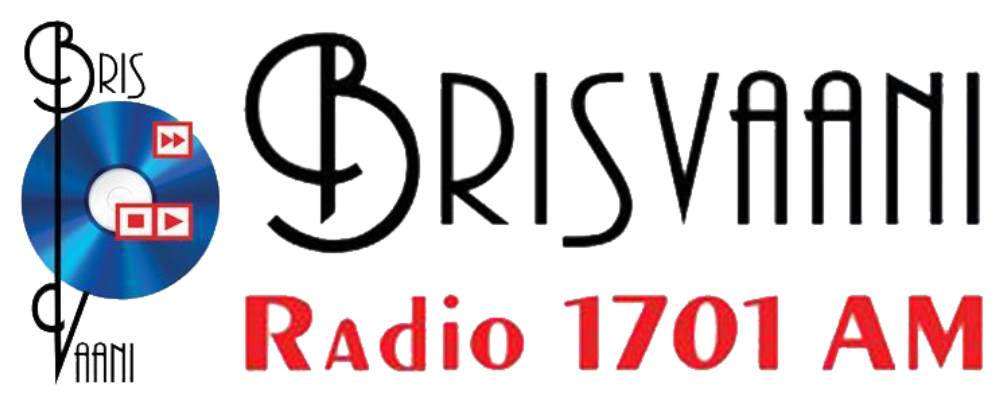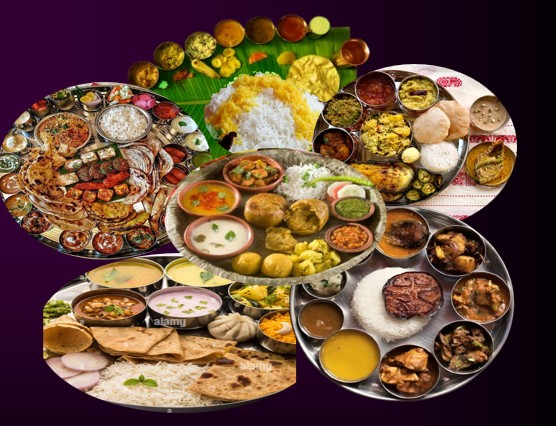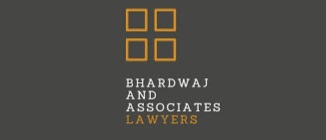New Delhi, Sep 30 (IANS) – The rising prevalence of diabetes and obesity in India is being driven by diets high in carbohydrates and saturated fats, coupled with low protein intake, according to the latest findings from the Indian Council of Medical Research-India Diabetes (ICMR-INDIAB) study.
Published in Nature Medicine, the study revealed that Indians consume an average of 62 per cent of their daily calories from carbohydrates, among the highest globally. Much of this comes from low-quality sources such as white rice, refined grains, and added sugars, which are linked to increased metabolic risks including diabetes, prediabetes, and obesity. White rice dominates diets in the South, East, and Northeast, while wheat is more common in the North and Central regions.
High sugar consumption was another concern, with 21 states and union territories exceeding the national recommendation of less than 5 per cent of energy from added sugar. The study drew on a nationally representative sample of 1,21,077 adults from urban and rural areas across 36 states and union territories.
While total fat intake remained within national guidelines (under 30 per cent of energy), saturated fat intake exceeded the recommended 7 per cent of energy in nearly all states, except Jharkhand, Chhattisgarh, Arunachal Pradesh, and Manipur. Intake of healthier fats, such as monounsaturated and omega-3 polyunsaturated fats, remained low across the country.
Protein consumption in India is suboptimal, averaging 12 per cent of daily calories, with the highest intake (14 per cent) in the Northeast. Most protein comes from plant-based sources like cereals, pulses, and legumes, while dairy and animal protein intake remains low nationwide.
Lead author Dr R.M. Anjana, President at MDRF, said, “Typical Indian diets, heavy in carbohydrates from white rice or wheat, and low in quality protein, are putting millions at risk. Simply switching to whole grains or millets is not enough — total carbohydrate intake must decrease, with more calories coming from plant or dairy proteins.”
Senior author Dr V. Mohan, Chairman of MDRF, emphasized that replacing carbohydrates with red meat or fats does not offer the same protective effect. He added, “These findings should guide policy reforms on food subsidies and public health messaging, encouraging diets richer in plant-based and dairy proteins, and lower in carbohydrates and saturated fats. Such changes could help reverse current nutrition trends and improve overall diet quality in India.”










